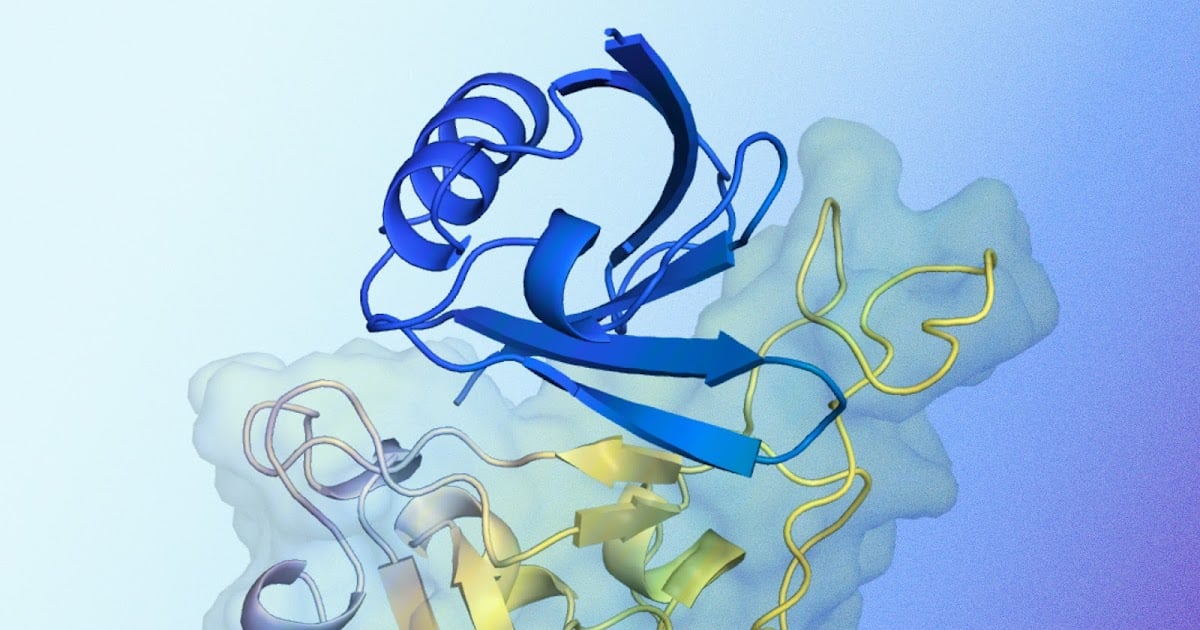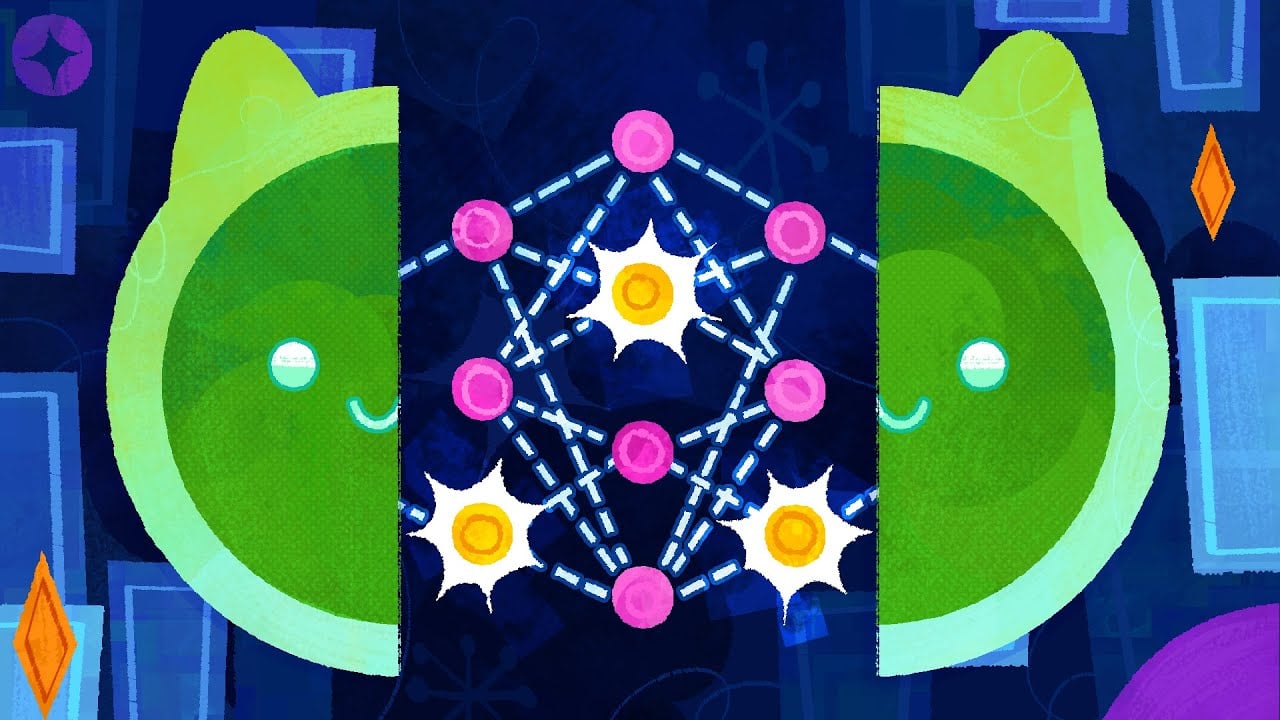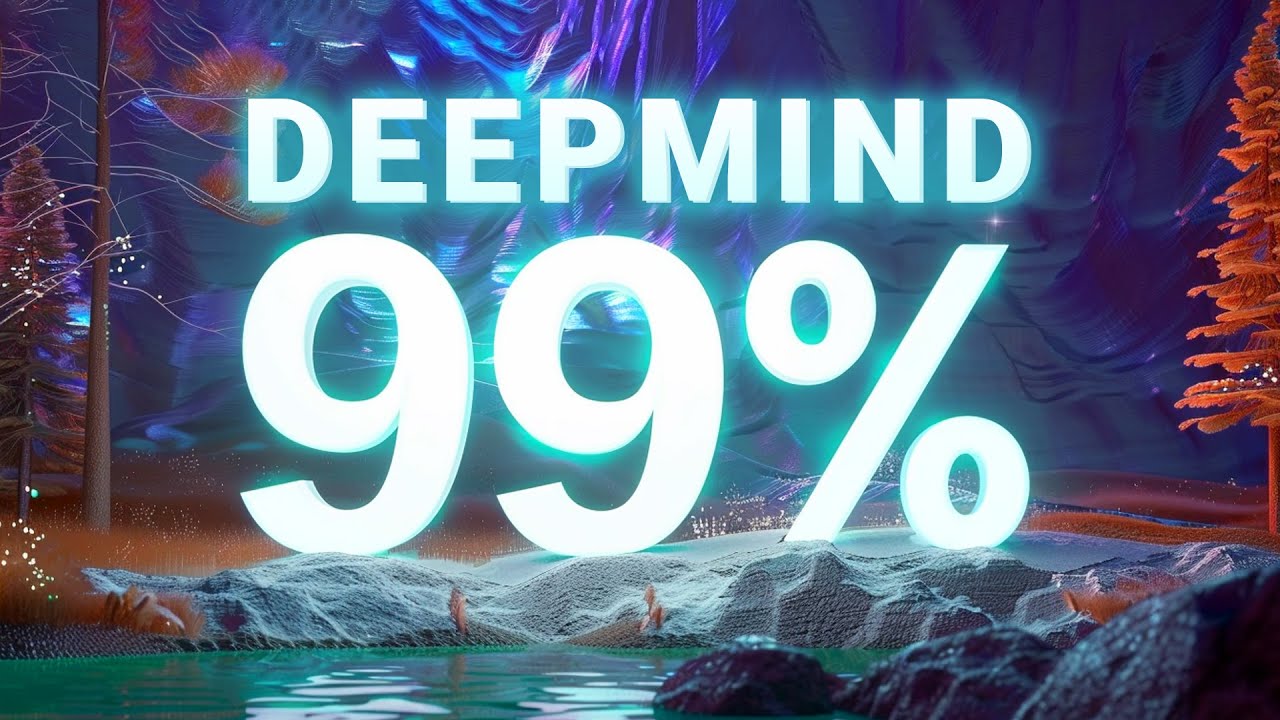

Your conclusion is based upon an assumption that we need more humans to progress as society. If AI develops to the point where it is better as a partner than a human being, it likely means that we have achieved, or are very close to achieving labor post scarcity (the assumption being that an AI capable of achieving this is capable enough to do most/all human work).
When we achieve labor post scarcity, the number of humans has nothing to do with progress. Therefore, falling birthrates won’t have any negative effect on progress.
When we achieve labor post scarcity in the medical field, life expectancy would increase, with us achieving biological immortality at a certain point. This means, that death rates also go down.
Considering the above, I thought you were referring to “dating and fucking AI partners” as the end of human progress (presumably because of a lack of any motivation to cause any more development). That’s what my reply was talking about.














Hm, makes sense ig. Basically, what u’r saying is this from what I understood - AI romance/sex bots capable of making a significant drop in birth rates would come before AI bots that bring in labor post scarcity.
While I agree with this, I don’t think that the time difference between the two events would be significant enough for the drop in birth rate to be that damaging. Why? Because I’m assuming that development in AI would be that fast. I can’t think of many reasons as to why tech that makes it possible to serve as a good enough romantic partner (which is quite a complex task) can’t serve as a mental health therapist (with different fine tuning of course), customer service, retail, admin, secretary, etc.
One doesn’t need to replace 100% of jobs to cause unemployment related issues in the market. I think the effects of unemployment would be seen first before the effects of potentially dropping birth rates.